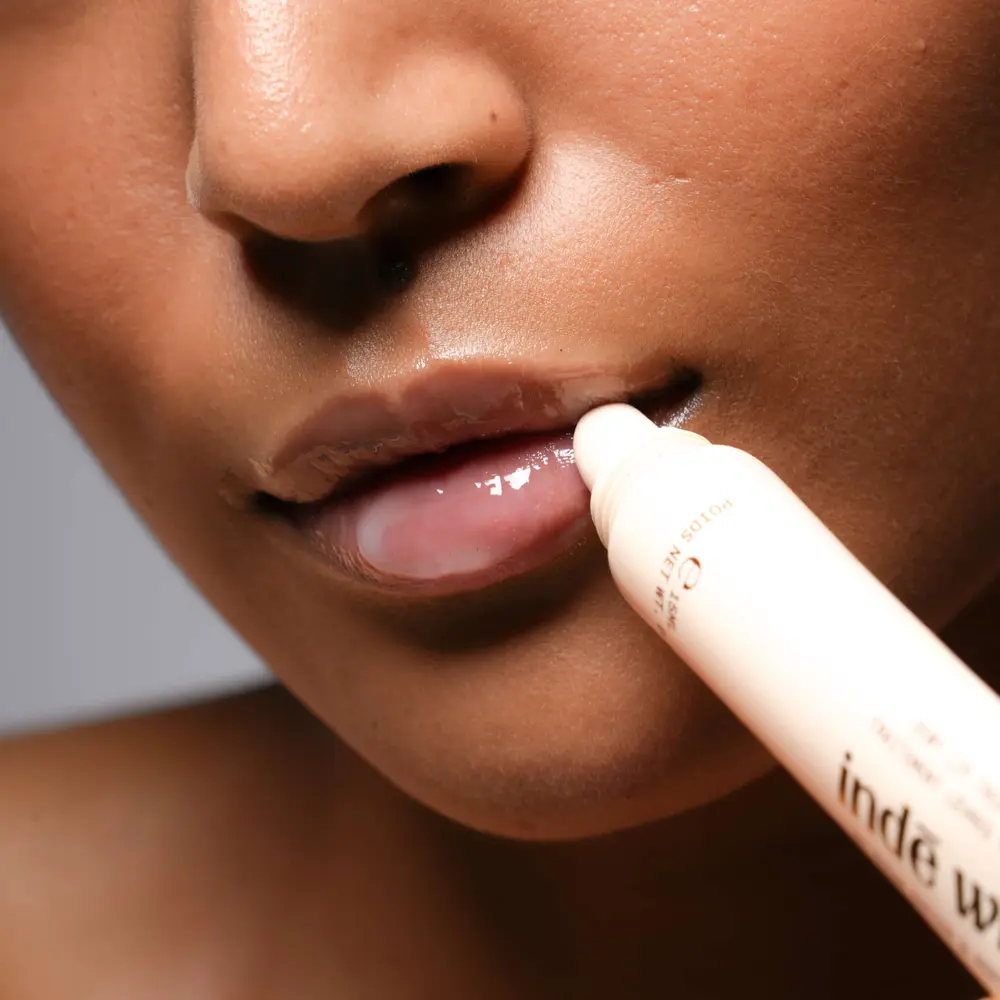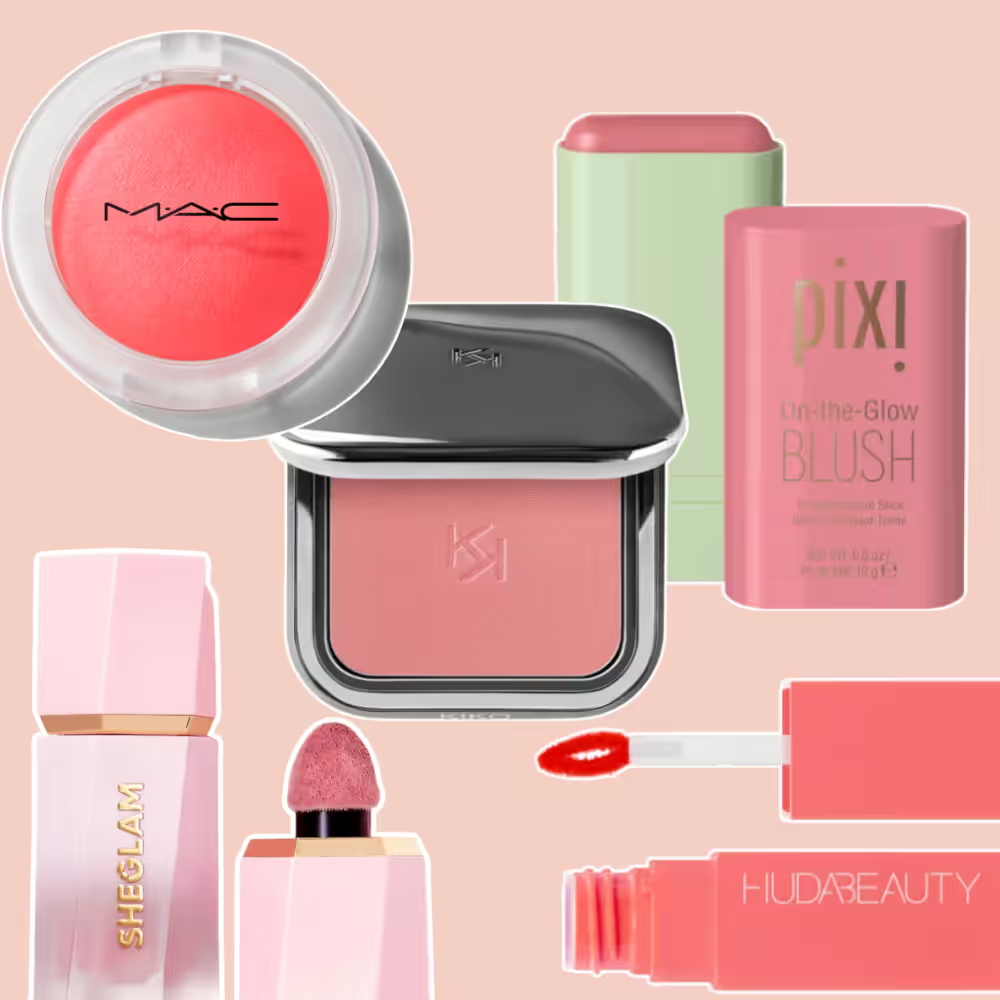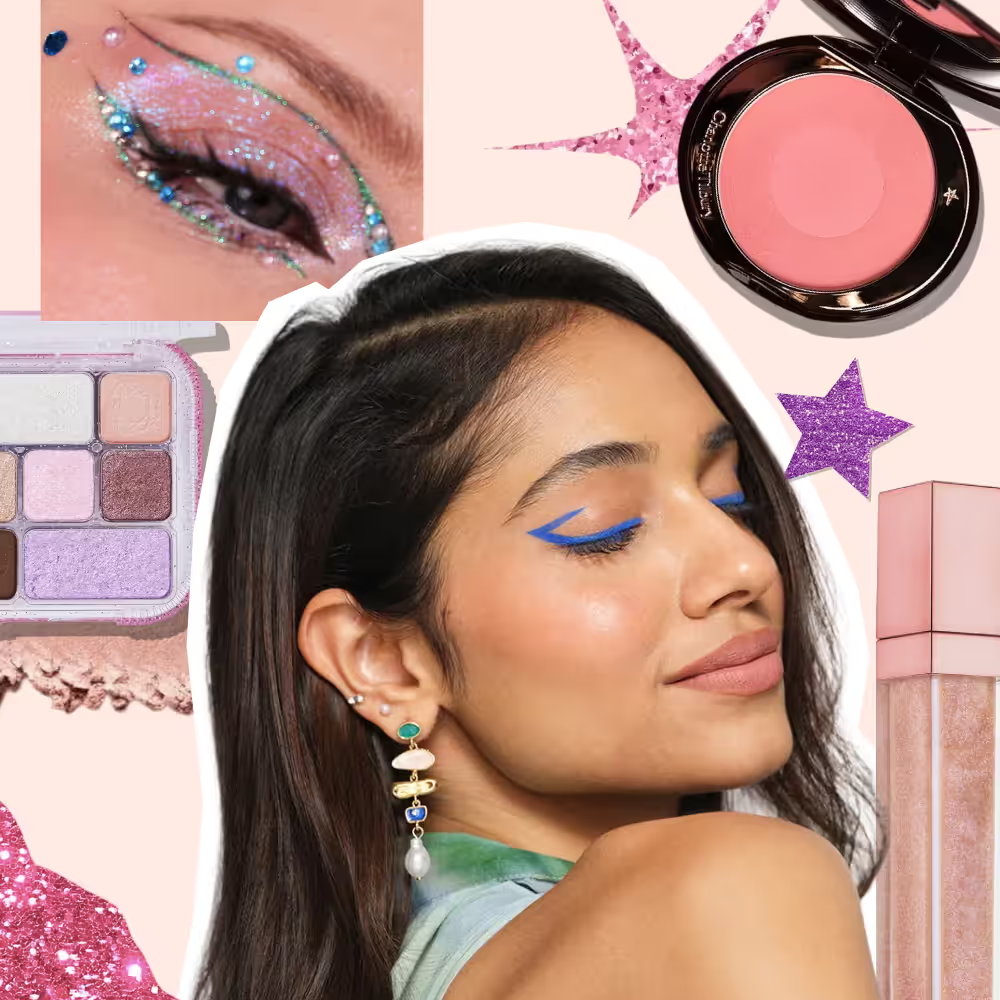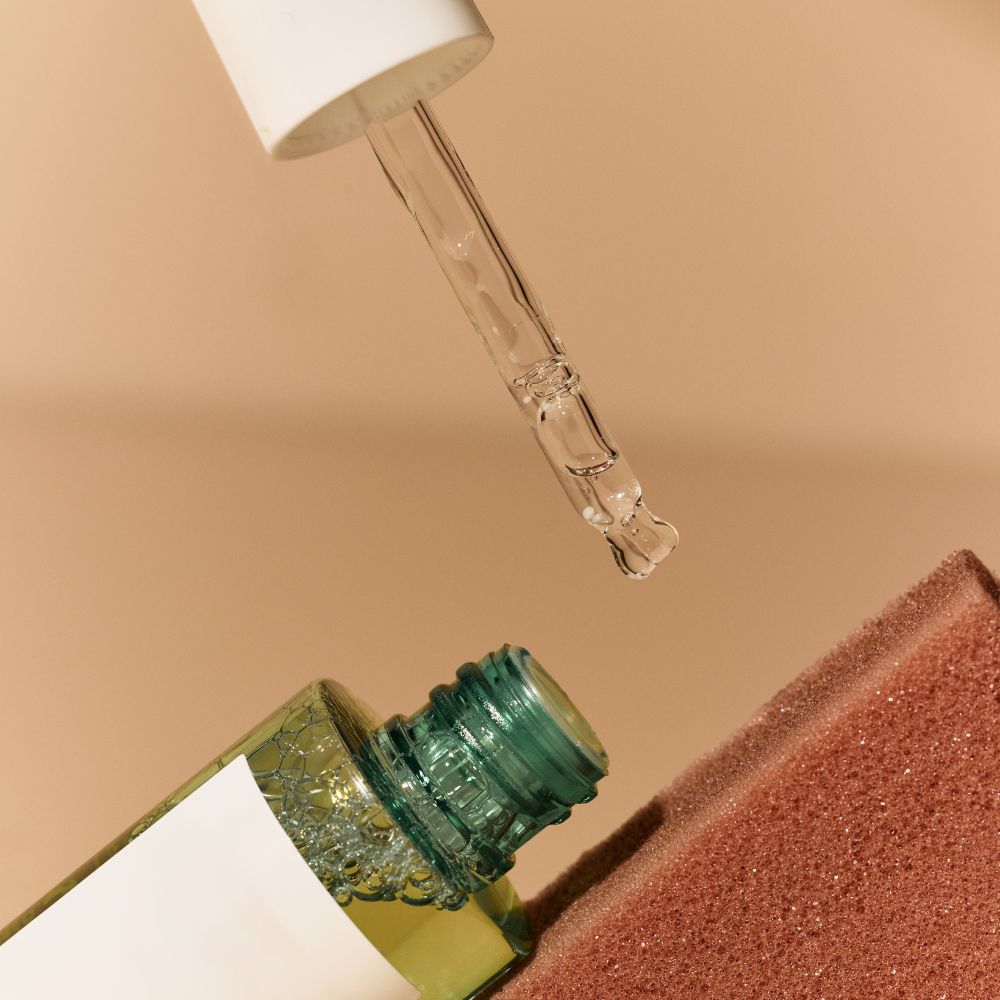
If you instantly click on ‘save’, the moment you see a post with hacks to treat pigmented lips, you’re not alone. Lip hyperpigmentation is a common concern faced by many. But before you go into a rabbit hole, know that the colour of your lips is naturally darker than the rest of your face. Ideally falling within shades of pink and brown, if you notice an unusually dark brown hue developing either on the outer margins of your lips or inside them (especially on the upper lip), then that’s a sign of hyperpigmentation. While this is normal for most people, some may be concerned as it affects how lighter lipstick shades appear after application.
We reached out to Dr Madhuri Agarwal, a Mumbai-based celebrity dermatologist, who helps us decipher the causes as well as corrective measures to tackle the concern.

What causes lip hyperpigmentation?
Lip hyperpigmentation is triggered by excessive melanin accumulation in our lips, which can happen due to many factors. “Most commonly, dark lips occur genetically,” Dr Agarwal tells us. “Sun exposure can darken lips too—and, at times, trigger a skin disorder called lichen planus, an inflammatory condition that can cause pigmentation.” She also adds that biting or licking your lips can be a cause, as well—apart from allergic reactions to lipsticks, toothpaste and makeup.
“Smoking and hormonal fluctuations in the body are other common causes. Certain vitamin deficiencies like that of vitamin B12 can contribute, too,” Dr Agarwal says. However, most kinds of lip pigmentation can be reversed by implementing simple, yet effective, changes in your skincare routine.
What should be your ideal plan of treatment?
You can start off by adhering to the fundamentals of a lipcare routine. Regular use of lip balms helps in hydration, preventing the pigmentation that is stimulated due to dryness and chapped lips. Additionally, using SPF for the lips is just as important as protecting the facial skin from the sun. “Lip sunscreens are underrated but crucial in preventing lip pigmentation. Like the face, the lips are also exposed to sun damage and can start showing discoloured patches over time,” Dr Agarwal shares. “Always apply it under your lipstick if you are stepping out in the daytime. You can also opt for in-clinic treatments, such as lip peels, fractional Q-switched laser, skin boosters and medi-facials.”
The expert also suggests that ingredients like ceramides, squalene, glycerin, colloidal oatmeal, shea butter and beeswax are beneficial for pigmented lips, as they are emollients and occlusives that retain skin’s moisture and reduce the pigmentation caused by skin barrier disturbance.
“Other ingredients like zinc oxide and titanium dioxide act as sunscreen for lips, so look for them in your SPF-infused lipcare products. Lastly, use products containing niacinamide, azelaic acid, curcumin and ferulic,” she advises.
What should you know before devising your lipcare routine?
Dr Agarwal swears by lip exfoliation, using chemical active ingredients, as it helps reduce dead and dry skin. “You can use chemical exfoliants like glycolic acid and lactic acid once or twice a week for lips instead of physical scrubs,” she recommends.
While using petroleum jelly as an occlusive during extremely dry weather or as the final layer after applying emollients can be highly beneficial, Dr Agarwal suggests that it’s important not to use it as a regular lip balm. This is because regular use of petroleum jelly as lip balm may lead to increased dryness and darkening of lips. Additionally, avoiding the use of retinol, vitamin C and salicylic acid on the lips is crucial, as these ingredients can potentially result in lip allergies and further pigmentation. Besides, the use of hyaluronic acid on the lips should be avoided too, as it can have the opposite effect of hydration and may even worsen the concern.








.JPG)
.JPG)



















